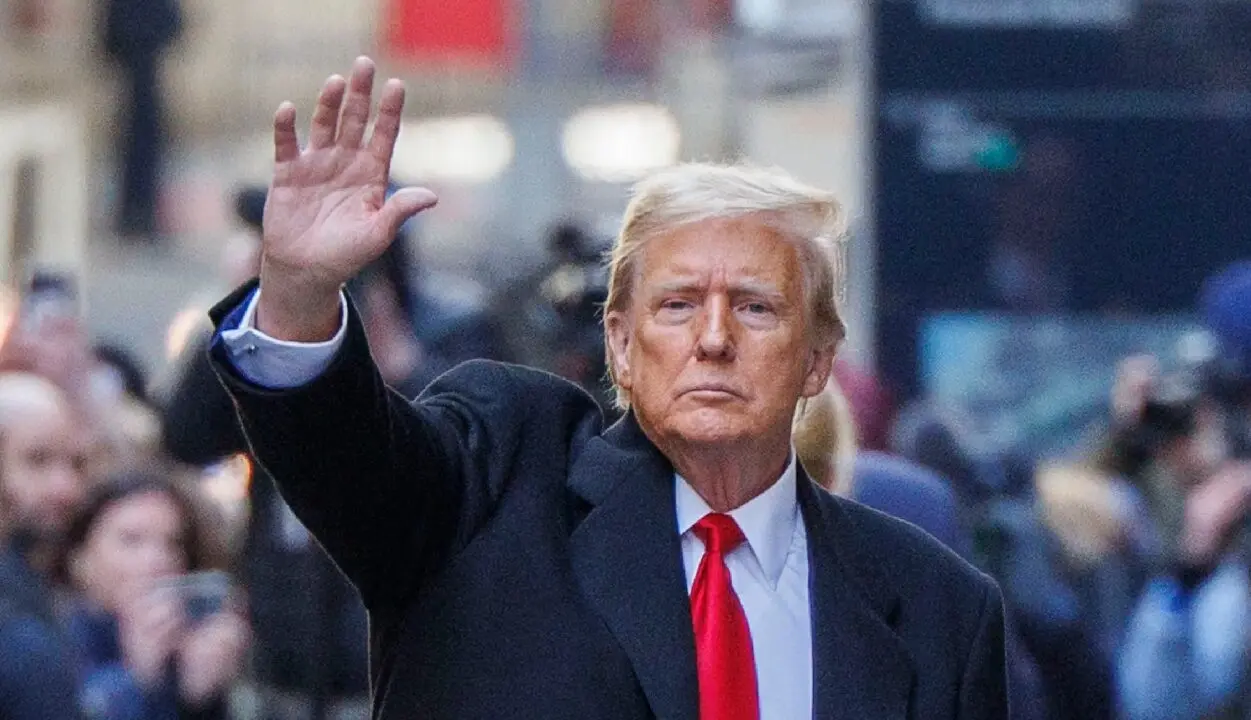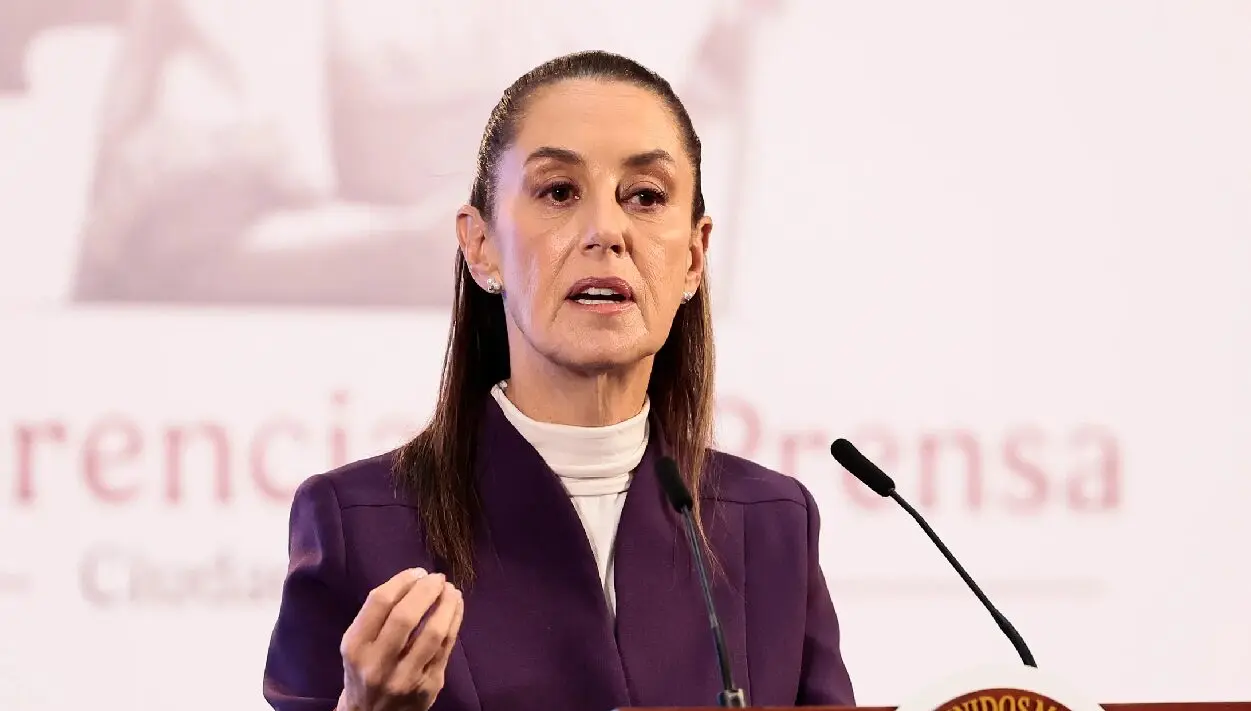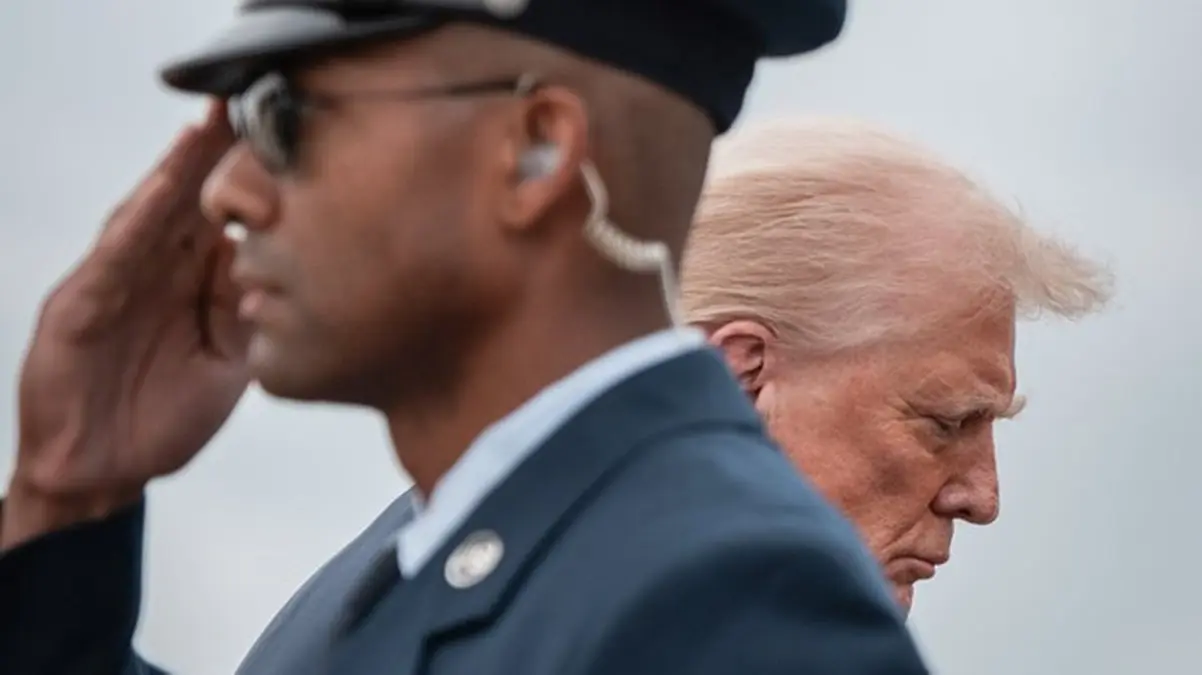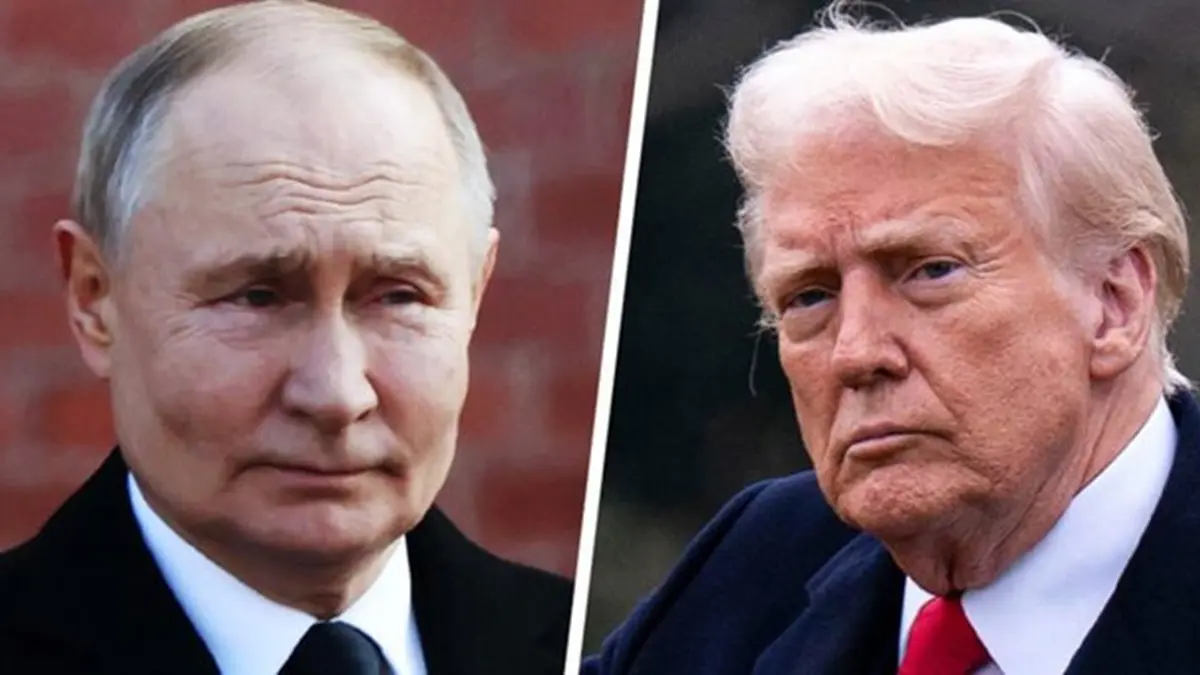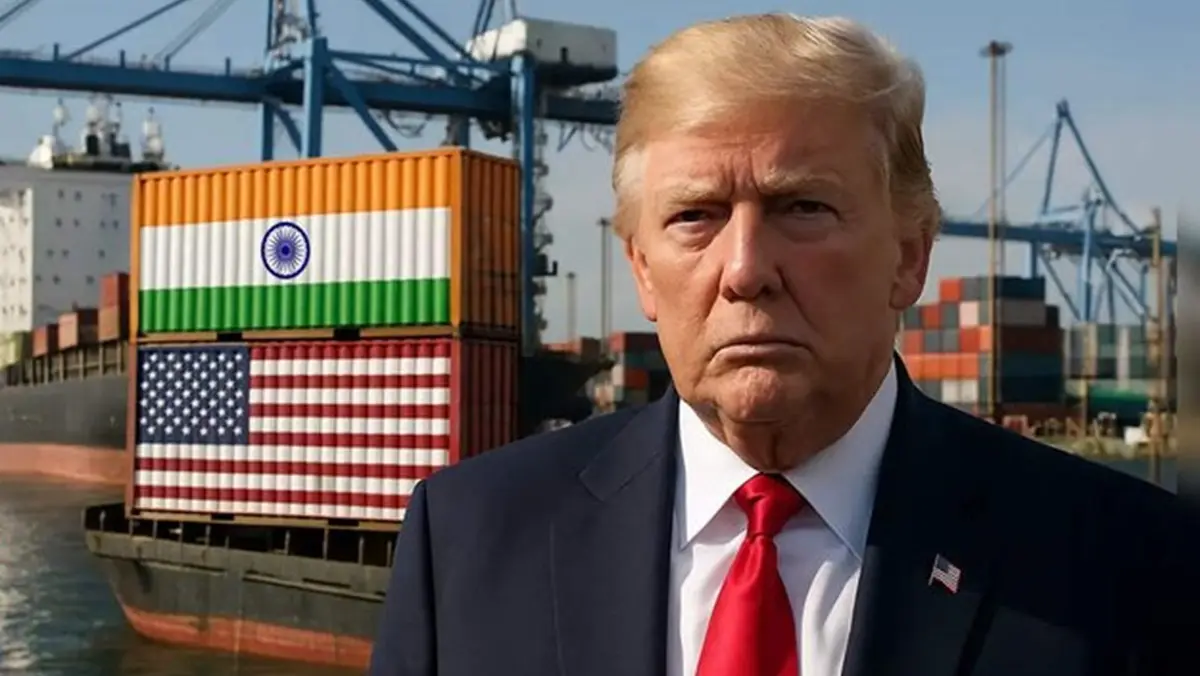Israel and Its Aggressive Discourse on Iran’s Nuclear Advancements

June 24, 2025 Hour: 11:34 pm
From Allies to Enemies
Relations between Iran and Israel were not always hostile. Before the 1979 Islamic Revolution, the two nations maintained strategic ties based on economic and security interests, as well as a tacit alliance against Arab nationalism, which both viewed as a shared threat.
Under Shah Mohammad Reza Pahlavi, Iran was a key Western ally in the Middle East, maintaining discreet but functional diplomatic relations with Israel.
Energy cooperation was a cornerstone of this relationship. In 1968, the Eilat-Ashkelon pipeline was inaugurated, a critical infrastructure project for transporting Iranian oil to Israel and Europe.
Iran was also one of the few Muslim-majority nations to recognize Israel, even hosting an Israeli embassy in Tehran.
Everything changed with the 1979 Islamic Revolution. Ayatollah Ruhollah Khomeini declared Israel an “illegitimate Zionist entity,” severed diplomatic ties, and replaced the Israeli embassy with a Palestinian delegation.
This shift marked the beginning of a rivalry that persists today, with Iran adopting an openly anti-Israel stance and emerging as the primary sponsor of groups like Hamas and Hezbollah in the resistance of Palestinian people.
The “Axis of Resistance”: Iran’s Regional Strategy
Since 1979, Iran has built a network of allies under the so-called “Axis of Resistance.” This bloc, which includes Hezbollah in Lebanon, the Houthis in Yemen, and Iranian-backed militias in Iraq and Syria, aims to counter U.S. and Israeli influence in the region.
Though not a formal alliance with a unified command, these groups receive financial, military, and logistical support from Tehran.
For Israel, this axis represents an existential threat, not only due to Iran’s backing of armed groups along its borders but also because of the potential for Iran to develop nuclear weapons.
Israel’s warnings about Iran’s nuclear program have been a consistent theme for decades, particularly under Prime Minister Benjamin Netanyahu’s leadership.
Netanyahu’s Rhetoric: From Words to Action
First Term (1996–1999): A Moderate Approach
During his first term, Netanyahu did not focus his rhetoric on the Iranian nuclear threat. At the time, regional tensions revolved around the Israeli-Palestinian peace process and attacks by groups like Hezbollah. There are no significant records of warnings about Iran’s nuclear program during this period.
Second Term (2009–2021): Escalating Warnings
In his second term, Netanyahu made the “Iranian nuclear threat” a centerpiece of his foreign policy. One of his most iconic moments was his 2012 speech at the UN General Assembly, where he displayed a cartoonish bomb diagram and declared:
“The future of the world is at stake. Nothing imperils our common future more than a nuclear-armed Iran. To understand what that world would look like, imagine a nuclear-armed Al-Qaeda.”
This speech aimed to pressure the international community into imposing harsher sanctions on Iran.
The Nuclear Deal (JCPOA) and Israel’s Opposition
In 2015, the Joint Comprehensive Plan of Action (JCPOA) was signed, an agreement between Iran and six world powers (the U.S., UK, France, Germany, Russia, and China) that restricted Iran’s nuclear program in exchange for sanctions relief.
Netanyahu fiercely opposed it, arguing that it allowed Iran to retain enough nuclear infrastructure to quickly develop weapons.
In a 2015 address to the U.S. Congress, he warned:
“Iran could soon have intercontinental missiles and nuclear weapons. The greatest danger facing our world is the marriage of militant Islam with nuclear weapons.”
In 2018, Netanyahu escalated further, in a televised presentation, he revealed documents allegedly obtained by Mossad, accusing Iran of concealing a nuclear weapons program called “Project Amad.” According to him, Iran had secretly preserved materials to build atomic bombs in the future.
This campaign influenced Donald Trump’s decision to withdraw the U.S. from the JCPOA in 2018, reinstating sanctions under a “maximum pressure” policy.
Third Term (2022–Present): Persistent Tensions
Netanyahu has maintained his anti-Iran rhetoric in his current term. At the 2023 UN General Assembly, he demanded a “credible nuclear commitment” from Iran while promoting an Israeli-Arab alliance.
With Trump’s return to the White House in 2025, pressure on Iran has intensified. The U.S. administration demands that Iran completely halt uranium enrichment and cease support for regional armed groups.
Iran, meanwhile, insists its nuclear program is peaceful and protected under the Non-Proliferation Treaty (NPT).
Why Does Israel Fear Iran? Beyond the Nuclear Issue
The Israel-Iran conflict extends far beyond nuclear concerns. After the Islamic Revolution, Iran became the leading advocate for the Palestinian cause, providing financial and military support to groups like Hamas. For Israel, this poses a direct challenge to its security and territorial ambitions.
Israel’s expansion into the West Bank and Gaza has been a key driver of escalation. Backed by the U.S. and European powers, Israel has pursued settlement policies that have displaced thousands of Palestinians.
The Trump administration has been particularly supportive of Israel, advancing proposals like the “Peace to Prosperity” plan (2020), which disregarded Palestinian demands.
In February 2025, Trump announced plans to turn Gaza into the “Riviera of the Middle East,” suggesting the forced relocation of Palestinians and the territory’s reconstruction under U.S. oversight.
These statements reflect a vision that legitimizes Israeli occupation and prioritizes geopolitical interests over human rights.
A Multifaceted Conflict
Israel’s discourse on the Iranian nuclear threat is just one piece of a far more complex geopolitical puzzle. Behind this rhetoric lies a struggle for regional dominance, control over energy resources, and a clash between two opposing political models: the Jewish state, aligned with the West, and the Islamic Republic, which positions itself as a bulwark of anti-imperialist resistance.
The U.S.-Israel alliance has been decisive in this conflict. With American backing, Israel has successfully imposed sanctions, undermined diplomatic agreements, and maintained a hardline stance against Iran.
However, recent military escalations and the crisis in Gaza prove that confrontation alone is not a sustainable solution.
Long-term stability in the Middle East hinges on whether dialogue or force prevails. As long as Israel views Iran as an existential threat and Tehran continues arming proxy groups, the cycle of violence and distrust will persist.
The international community plays a crucial role in mediating this conflict, but unless global powers adopt a more balanced approach, it will remain an elusive goal.
Author: Silvana Solano
Source: TeleSUR


